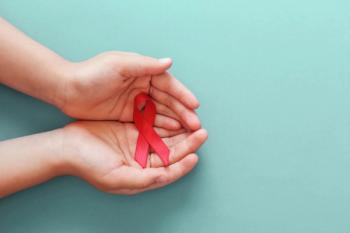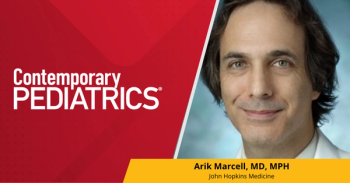
What pediatricians need to know about 2019-nCoV
Dominating health news for the past month, the novel coronavirus COVID-19 may have parents panicked that their child has the disease or worried about upcoming travel plans. Here’s the latest on the epidemic.
Editor's Note: The World Health Organization changed the name of the disease from the temporary 2019-nCoV to the official COVID-19 on February 11, 2020.
Coronavirus is dominating the health news in mainstream media. It’s giving the
Fortunately, a recently published study in the
CDC recommendations
For parents who are wondering what they should be doing to prevent infection, the Centers for Disease Control and Prevention (CDC) has some tips.2
Parent and children should not:
· Travel to China.
· Use face masks.
· Assume that someone who is either Asian or of Asian descent is more likely to get 2019-nCoV.
· Show prejudice toward someone who is either Asian or of Asian descent.
Parents and children should:
· Stay informed by visiting
· Seek medical care if they have fever, coughing, and shortness of breath as well as either exposure to someone with a diagnosis of 2019-nCoV or who has traveled to China in the past 14 days.
Parents and children should also take the usual precautions that they take to prevent influenza such as avoiding contact with sick people; limiting contact with other people if sick themselves; staying home when sick; covering the nose and mouth when coughing or sneezing; avoiding contact with the nose and mouth; disinfecting surfaces and objects; and washing hands often with soap and water or using an alcohol-based hand sanitizer that has at least 60% alcohol.
For health care providers, the CDC has
References:
1. Li Q, Guan X, Wu P, et al. Early transmission dynamics in Wuhan, China, of novel coronavirus-infected pneumonia. N Engl J Med. January 29, 2020. Epub ahead of print.
2. Centers for Disease Control and Prevention. 2019-nCoV: What the public should do. Available at:
Newsletter
Access practical, evidence-based guidance to support better care for our youngest patients. Join our email list for the latest clinical updates.








